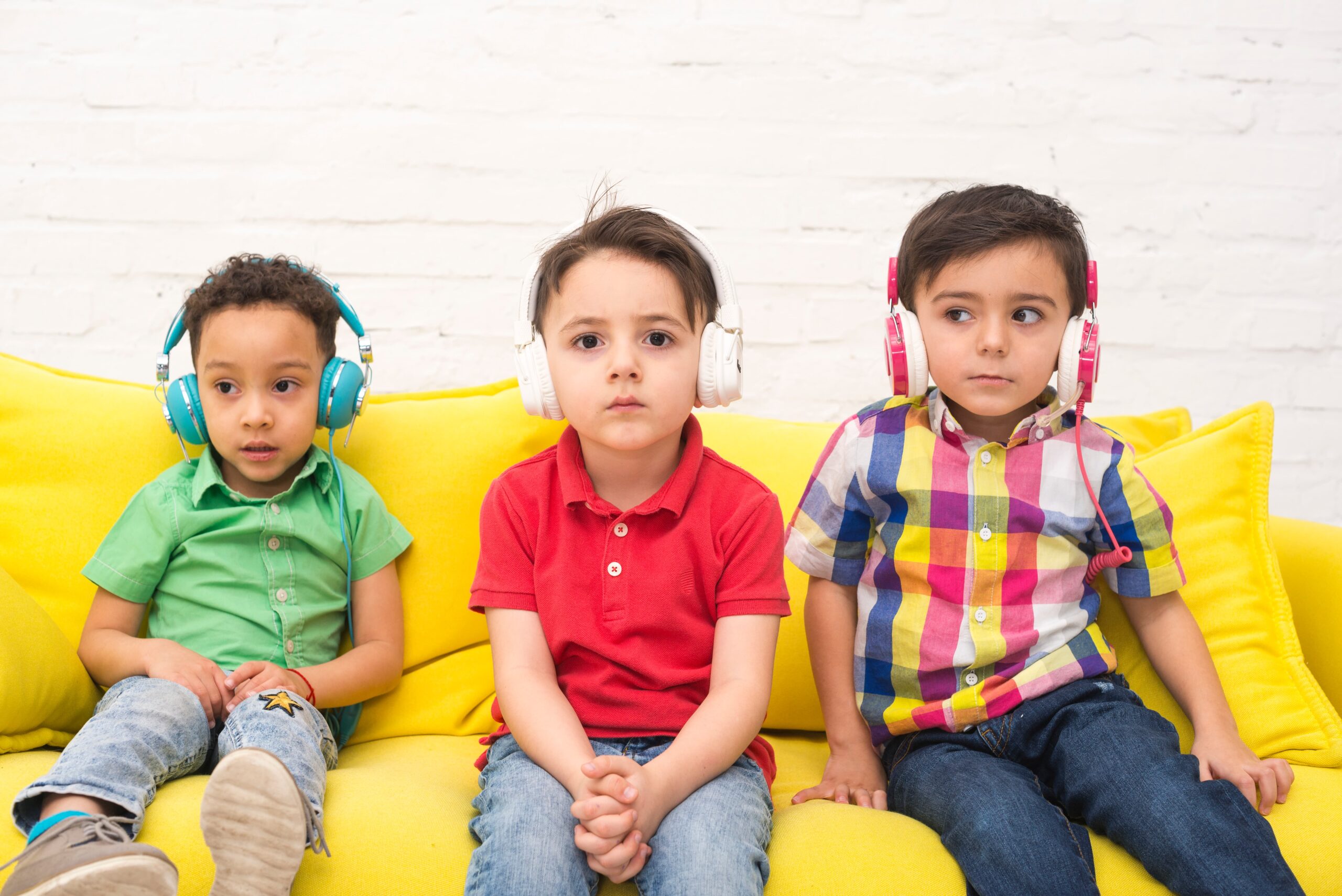Key Points:
- Cultural sensitivity in ABA therapy improves trust, communication, and treatment outcomes.
Understanding cultural considerations in therapy helps prevent misinterpretation of behaviors and values. - Culturally sensitive treatment plans must reflect the child’s cultural context, language, and family dynamics.
Parents and caregivers seeking support for their child with autism often feel overwhelmed. There’s pressure to find effective, evidence-based treatment, but also a deep desire for their child to be seen, understood, and respected as a whole person. That’s where cultural sensitivity in ABA therapy plays a critical role.
When ABA therapy overlooks a family’s cultural background, treatment risks becoming disconnected or even harmful. Without awareness of cultural differences, practitioners may misinterpret behaviors, impose irrelevant goals, or fail to earn the family’s trust.
For ABA therapy to truly support a child’s development, it must be both behaviorally sound and culturally responsive. Here’s why cultural sensitivity isn’t just a “nice to have,” but is essential to providing ethical and effective care.
Understanding the Role of Culture in Behavior
Every child grows up within a unique cultural framework. Culture influences how we communicate, discipline, learn, and connect with others. For children with autism, behavior is already being observed under a microscope. But if cultural factors aren’t taken into account, misinterpretations can happen quickly.
For example, a behavior analyst may interpret a lack of eye contact as a social skill deficit. But in some cultures, avoiding eye contact is a sign of respect. Similarly, a child may be taught at home not to speak unless spoken to, which can lead to a misunderstanding that they lack expressive language.
Recognizing cultural considerations in therapy helps practitioners interpret behavior through the family’s cultural lens, leading to more accurate assessments and relevant interventions.
Cultural Competence in ABA: What It Really Means
Cultural competence in ABA refers to a therapist’s ability to understand, respect, and effectively work with families from diverse cultural backgrounds. It’s not a one-time training or checklist but an ongoing process of self-awareness, learning, and adaptation.
Therapists need to:
- Ask questions rather than assume.
- Adapt communication styles based on the family’s preferences.
- Recognize personal biases and how they may affect treatment planning.
Cultural competence also includes understanding how systemic issues, such as racism or immigration-related stress, may impact a family’s access to services or level of trust in healthcare providers.
When behavior analysts approach families with openness and humility, they create a safer and more collaborative therapeutic relationship.
Designing Culturally Sensitive Treatment Plans
A one-size-fits-all approach does not work in ABA therapy. Culturally sensitive treatment plans consider the child’s family values, language, religious practices, and cultural expectations.
For example, if a family speaks Spanish at home, therapy goals must include communication in Spanish, not just English. If a family observes religious customs that affect the child’s daily routine, such as fasting during certain times of the year, therapy should be adapted to honor that.
Key aspects of culturally sensitive ABA plans include:
- Including caregivers in goal-setting and decision-making.
- Using culturally relevant reinforcers.
- Being flexible with scheduling around cultural events or observances.
This kind of individualized planning not only respects the family’s background but also leads to better engagement and long-term success.
 Multiculturalism and Diversity in Applied Behavior Analysis
Multiculturalism and Diversity in Applied Behavior Analysis
The field of ABA is increasingly recognizing the importance of multiculturalism and diversity in applied behavior analysis. But true diversity means more than representation. It also means making room for different worldviews, parenting practices, and lived experiences.
This is especially important when therapists work with immigrant families, multigenerational households, or families who follow traditional customs unfamiliar to the therapist. A culturally sensitive therapist does not aim to “correct” the family’s way of doing things, but rather to understand it and collaborate within it.
More ABA organizations are now incorporating cultural humility into their training programs, encouraging practitioners to explore how culture impacts both their clients and themselves. That self-reflection is key to breaking down barriers and delivering more inclusive care.
Common Cultural Considerations in Therapy
Here are some culture considerations that ABA professionals must be aware of when working with families from diverse backgrounds:
- Language Barriers: Miscommunication can lead to confusion or missed goals. Whenever possible, therapy should be delivered in the family’s primary language or with the help of trained interpreters.
- Discipline and Parenting Styles: Some cultures place emphasis on collective responsibility, while others prioritize independence. Understanding these values can shape the approach to behavior interventions.
Views on Disability: Cultural beliefs about autism vary widely. Some families may view it as a taboo subject, while others may not accept the diagnosis. Sensitivity to these perspectives is crucial for building trust. - Religious or Spiritual Practices: These may affect dietary restrictions, daily routines, or attitudes toward therapy. Being respectful and adaptable can make a significant difference in cooperation.
- Extended Family Involvement: In many cultures, decision-making is shared with elders or extended relatives. Involving them in therapy discussions can enhance buy-in and support.
By acknowledging and planning for these cultural considerations in therapy, ABA professionals can align interventions with the child’s real-world environment, making therapy more meaningful and effective.
What Happens When Cultural Sensitivity Is Lacking?
When cultural sensitivity is ignored, families may feel judged, misunderstood, or excluded from their child’s treatment process. Goals may feel irrelevant or even offensive. As a result, families may disengage, and children may make limited progress.
Some signs of poor cultural fit in therapy include:
- High turnover of therapists due to miscommunication or mistrust
- Parents resisting recommendations that conflict with their values
- Children not responding to reinforcers or strategies that don’t make sense at home
The cultural sensitivity importance in ABA therapy is directly tied to how families perceive the service and whether they stay committed to it over time.
Improve Outcomes Through Family-Centered Collaboration
At its best, ABA therapy is collaborative. The child’s family is an integral part of the team. Culturally sensitive ABA therapy invites families to share their stories, values, and goals, not as a side note, but as the foundation of the treatment plan.
Therapists who embrace this approach are more likely to:
- Develop trust with families
- Avoid cultural missteps
- Reduce misunderstandings that lead to therapy dropouts
- Empower families to carry over skills into the home environment
Incorporating multiculturalism and diversity in applied behavior analysis isn’t about being politically correct. It’s about being effective and respectful.
 Make ABA Therapy Meaningful, Not Just Measurable
Make ABA Therapy Meaningful, Not Just Measurable
ABA therapy thrives on data and outcomes. But those outcomes must be defined in collaboration with the family, and within their cultural context. A goal that makes sense on paper may not make sense in the child’s real life.
To ensure treatment is not only measurable but also meaningful:
- Understand the “why” behind behaviors.
- Respect family routines and preferences.
- Regularly revisit goals to ensure cultural alignment.
Cultural competence is not a barrier to science, but rather enhances it. When ABA therapy is practiced with cultural sensitivity, it becomes more humane, more personalized, and ultimately, more impactful.
Why Culture Cannot Be an Afterthought in ABA
ABA therapy has immense potential to help children with autism grow in communication, independence, and social connection. But that potential is only realized when therapy is delivered in a way that makes sense within the child’s cultural world.
By acknowledging the cultural sensitivity importance, practitioners and families can co-create plans that honor each child’s background, strengthen the therapeutic alliance, and improve treatment outcomes.
Whether you’re a parent, caregiver, or provider, remembering that culture considerations in therapy are not optional, but essential, will help ensure ABA therapy is not just effective, but also respectful and relevant.
At Spirit ABA, we’re committed to providing culturally sensitive ABA therapy in Colorado, Iowa, and Nebraska. Our team at Spirit ABA values your family’s background, language, and beliefs, and we work closely with you to develop meaningful, individualized treatment plans that support your child’s progress in a way that feels right to you.
Whether you’re new to ABA or seeking a better therapeutic fit, we are here to help your child thrive in a way that honors your family’s culture. Let’s build something meaningful together. Get in touch with us today!


